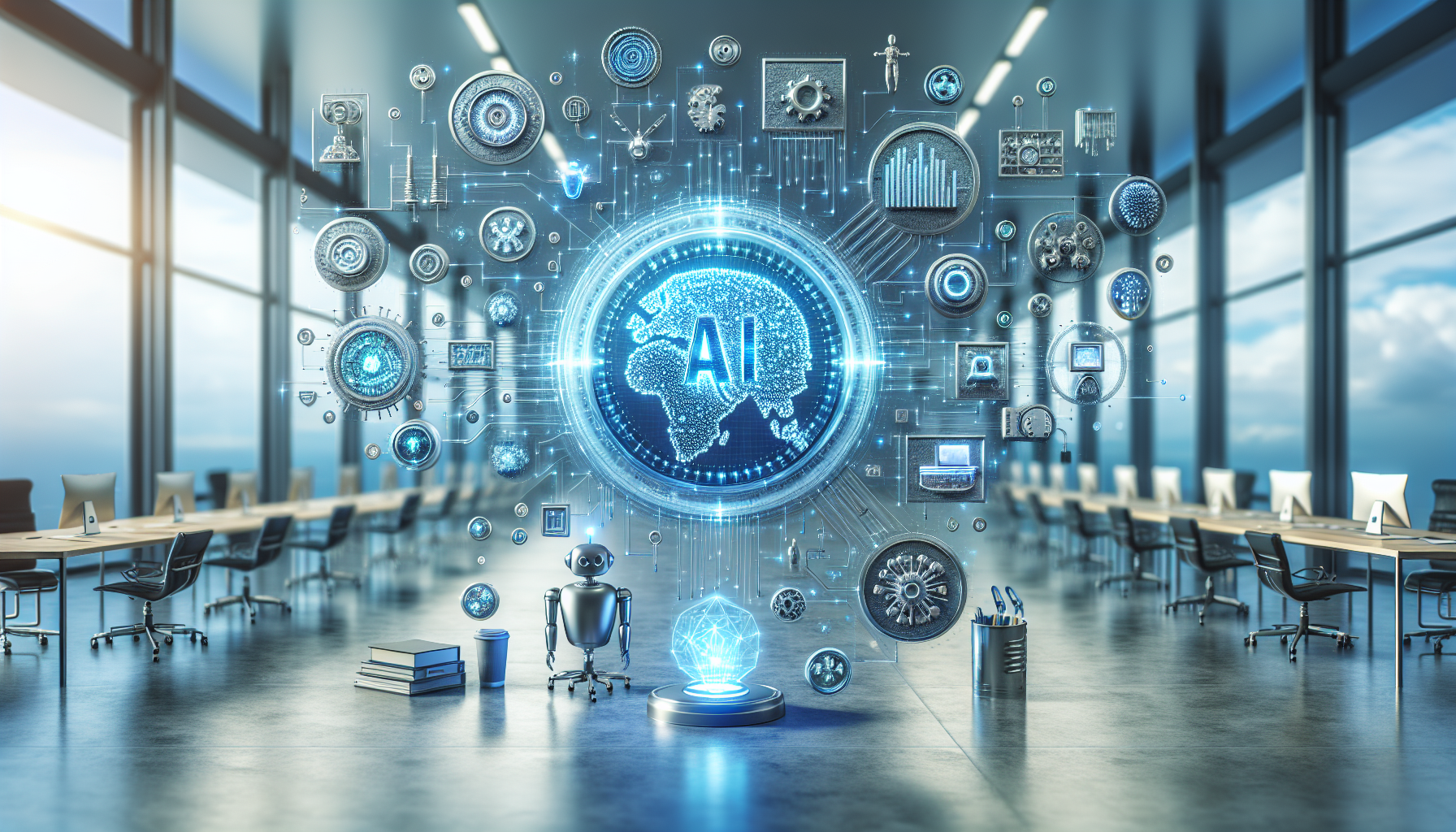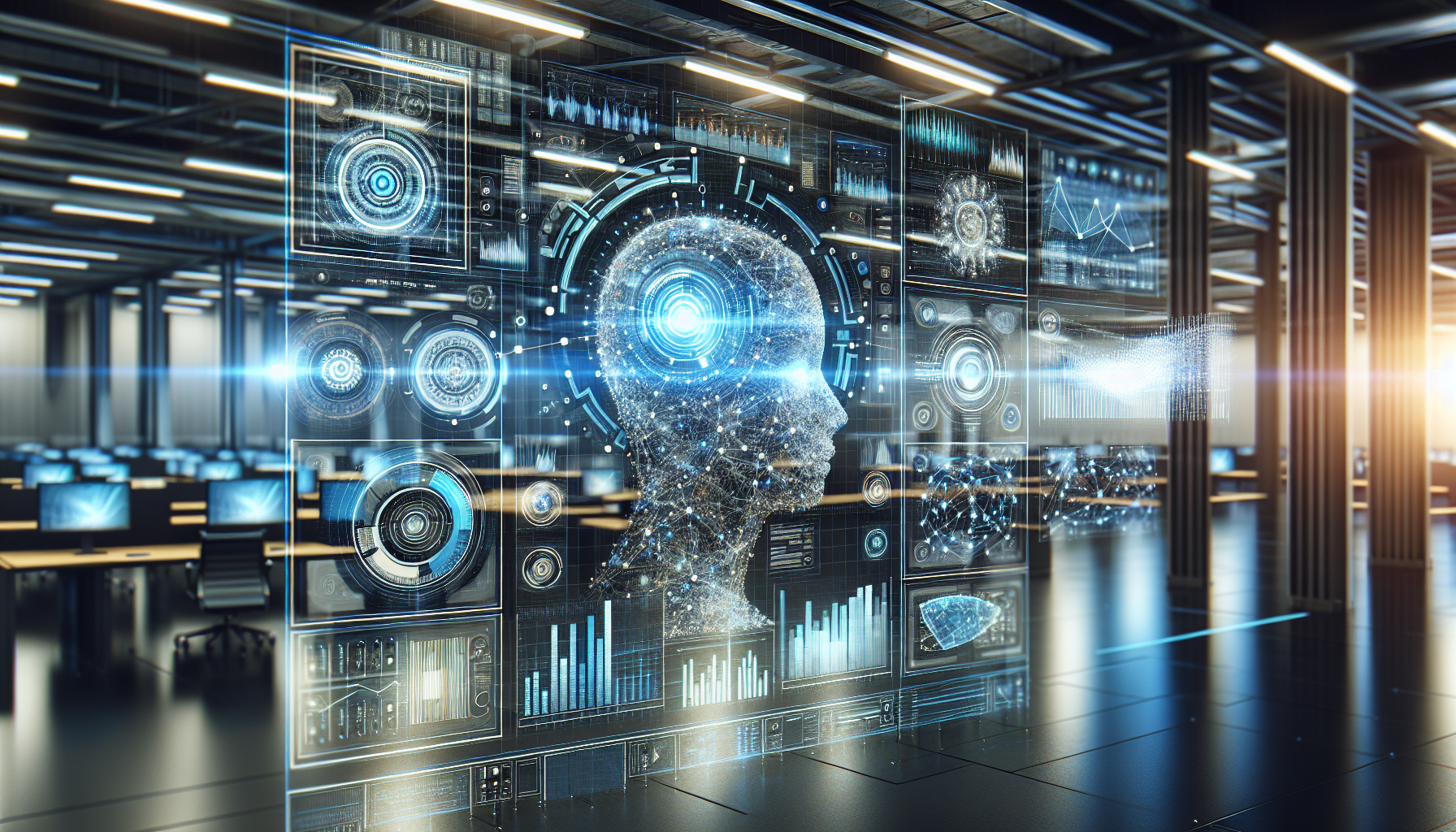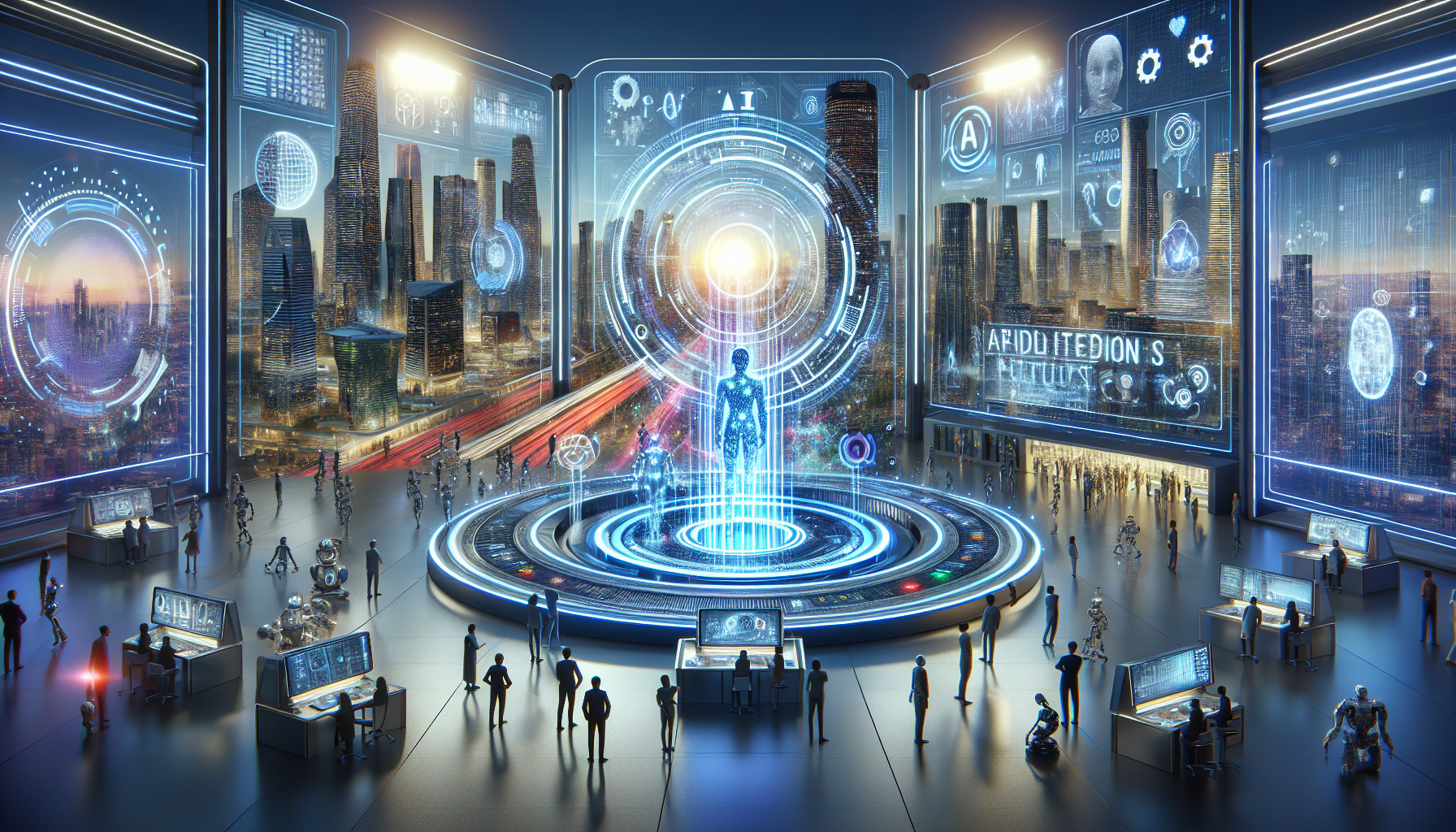
Reinforcement Learning: Dispelling Myths in AI Training Through Rewards
November 14, 2025
Reinforcement learning, a subfield of artificial intelligence, is often shrouded in mystery and misconceptions. It is a method that enables machines to learn by receiving rewards or penalties for their actions, similar to how humans learn from their environment. Despite its growing significance, several myths persist about the efficacy and application of reinforcement learning, warranting a closer examination.
One prevalent myth is that reinforcement learning is equivalent to rote memorization. Critics argue that these systems merely repeat actions to obtain rewards, devoid of true understanding or adaptability. However, this perception undermines the core principles of reinforcement learning. Unlike rote memorization, which involves recalling information without understanding, reinforcement learning involves the development of strategies based on feedback from the environment. This process mirrors human learning, where experiences shape decision-making capabilities over time. Reinforcement learning models are designed to adapt to new situations, modifying their strategies in response to changing environments.
Another misconception is that reinforcement learning is only applicable to trivial or controlled environments, such as games. While it is true that early applications found success in games like chess or Go, dismissing its potential limits the scope of what reinforcement learning can achieve. In reality, reinforcement learning is increasingly utilized in complex, real-world scenarios. Autonomous vehicles, for instance, use reinforcement learning to navigate unpredictable environments, making decisions in real-time based on sensory input. This illustrates the method’s capacity to handle intricate tasks beyond the confines of a controlled setting.
There is also a belief that reinforcement learning is a slow and inefficient process, requiring vast amounts of data to achieve meaningful results. This assumption overlooks the advancements in algorithms and computational power that have significantly enhanced the efficiency of reinforcement learning systems. Techniques such as transfer learning and model-based approaches have been developed to accelerate the learning process, allowing systems to leverage previous knowledge and make informed decisions with less data. These innovations demonstrate that reinforcement learning can be both swift and effective, challenging the notion of inherent inefficiency.
Furthermore, some critics argue that reinforcement learning systems lack ethical considerations, operating purely on reward maximization without regard for moral implications. While it is true that reinforcement learning models are programmed to maximize rewards, this does not inherently preclude ethical considerations. Researchers are actively exploring ways to integrate ethical frameworks into reinforcement learning systems, ensuring that they align with societal values. By incorporating ethical guidelines into the reward structure, it is possible to create systems that not only perform efficiently but also adhere to moral standards.
A lesser-known fact about reinforcement learning is its potential to revolutionize areas beyond technology and industry. In healthcare, for instance, reinforcement learning can assist in personalizing treatment plans by analyzing patient data and optimizing therapeutic strategies. This application highlights the versatility and transformative power of reinforcement learning, extending its impact to fields that directly affect human well-being.
As one delves deeper into the world of reinforcement learning, it becomes apparent that the myths surrounding it often stem from a lack of understanding or exposure to its evolving nature. By dispelling these myths, we open the door to a more nuanced appreciation of what reinforcement learning truly offers. It is not merely a tool for solving predefined problems but a dynamic approach that continues to evolve, reflecting the complexities of the environments it seeks to master.
The future of reinforcement learning holds promise, not just in terms of technological advancement but also in how it can reshape our interaction with intelligent systems. As researchers continue to push the boundaries of what is possible, one must ponder: how will the integration of ethical considerations and innovative methodologies transform the trajectory of reinforcement learning, and by extension, the future of artificial intelligence? This question invites further exploration and underscores the ongoing dialogue about the role AI will play in shaping the world.


